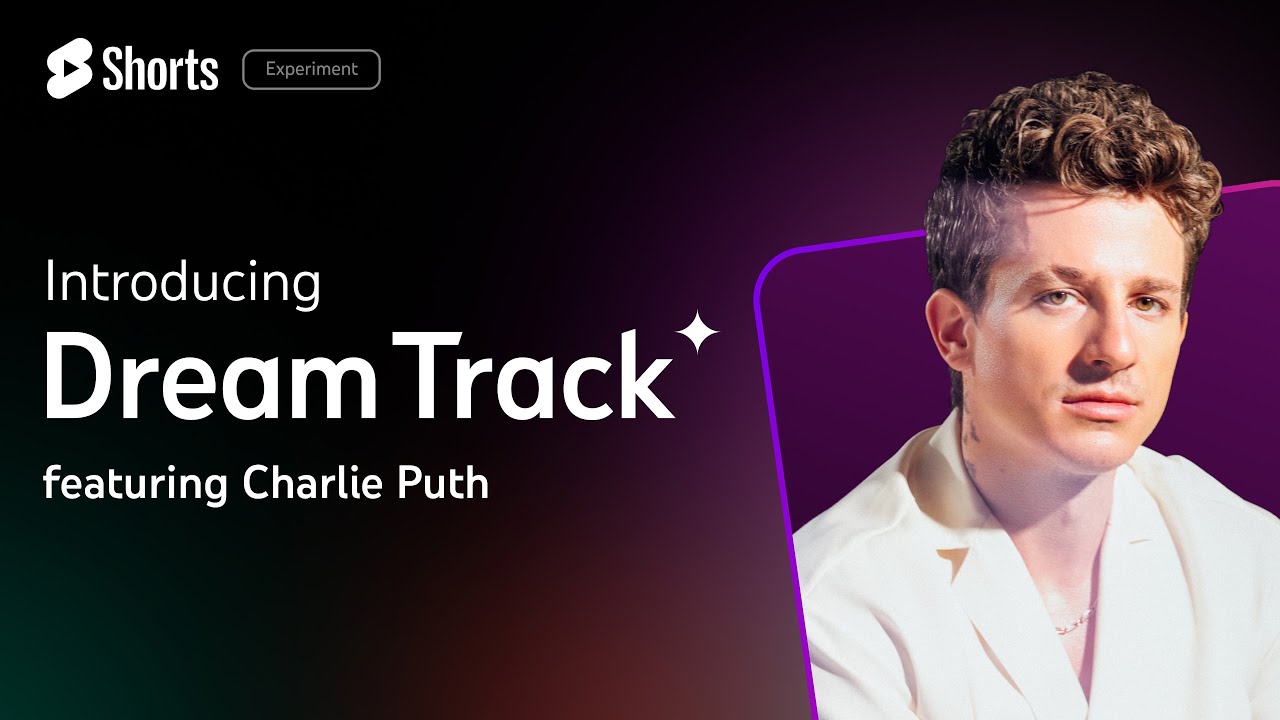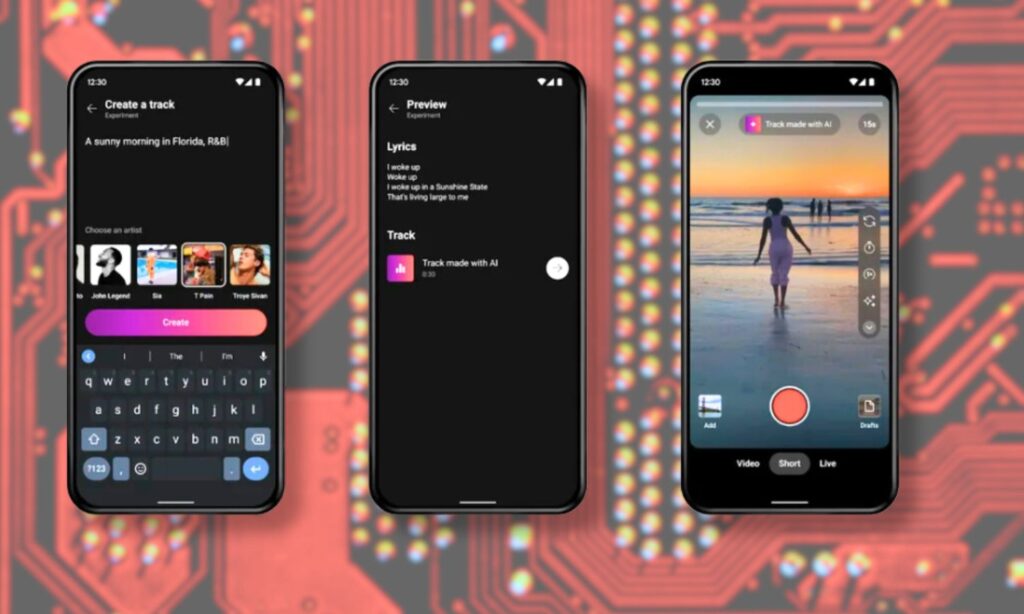YouTube’s New Dream Track Feature: Creating AI-Powered Music in the Style of Your Favorite Artists
YouTube’s New Dream Track Feature: Creating AI-Powered Music in the Style of Your Favorite Artists
With the holiday season approaching, social apps are introducing exciting features to capture users’ attention. YouTube is now unveiling its latest addition called “Dream Track,” a feature powered by generative AI that lets users create music in the style of famous artists.
Dream Track mimics the vocal styles of renowned artists such as Alec Benjamin, Charlie Puth, Charli XCX, Demi Lovato, John Legend, Papoose, Sia, T-Pain, and Troye Sivan. These artists are collaborating to shape the future of AI in music by allowing a select group of US creators to produce unique soundtracks for their Shorts, each lasting up to 30 seconds.

Creators can input their ideas into the creation prompt, choose a participating artist from the carousel, and receive an original Shorts soundtrack featuring the AI-generated voice of the selected artist. While it doesn’t allow the creation of full songs, users can experiment with snippets based on approved artists’ styles.
This initiative raises concerns, especially in the wake of the Ghostwriter incident where a song using a simulated voice of Drake faced copyright issues. YouTube aims to address this by collaborating with record labels, providing transparent tagging, and introducing monetization options for approved versions.

YouTube acknowledges the challenges of the rapidly evolving AI space and emphasizes its commitment to working with music industry partners to develop sensible controls, monetization strategies, and attribution frameworks. The platform has been working with record labels to establish an official approach to approved deepfakes, aiming to prevent misuse.
While it may not completely eliminate the issue, enabling users to create AI versions establishes a benchmark for plausible deniability by labels and offers a traceable capacity for experimentation. This approach allows YouTube to cooperate with labels in taking down unapproved variations and monetizing AI hits using simulations of their artists.

